Why Most Women Avoid the Pursuit of Knowledge – A Harsh Reality
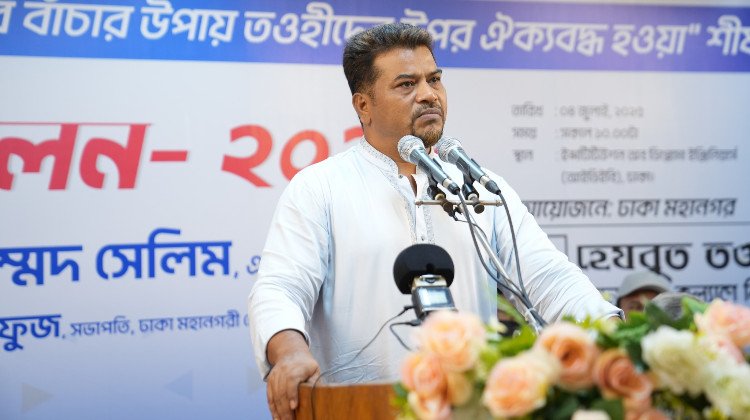
Throughout history, newspapers have served as vital tools for social change and ideological propagation. This is nothing new.
From the Communist Manifesto promoting Marxist theory, to The Crisis voicing the struggles of Black Americans, to Ms. Magazine advocating feminist ideology, media has always shaped public opinion. In our subcontinent, publications like Bande Mataram, Amrita Bazar, Azad, Langal, and Dhumketu played a significant role in mobilizing people against British rule. In the same spirit, Dainik Desherpotro is an ideological newspaper that challenges long-standing religious distortions.
As someone involved in social reform, I’ve joined Desherpotro to help convey the message of truth against religious falsehoods. Through this work, I’ve had diverse experiences—one stark observation being that most women in our country show little interest in acquiring knowledge. It may sound unpleasant, but it is the reality.
Yes, women pass exams and attend schools and colleges, but there’s a serious lack of intellectual curiosity among them.
Though some women today attain academic qualifications and work in offices, they do not represent the majority. Many are married off before completing their education. Even those who do pursue higher studies often lack a sense of responsibility toward understanding society, the state, or the world.
They’re unaware that there's a world of knowledge beyond textbooks. So when offered a newspaper—regardless of education or modernity—their reaction is often, “A newspaper? That’s not for me. I don’t read those.” Worse, some even influence their male companions not to buy one, implying it’s a waste of money.
Astonishingly, out of hundreds of people I approached, I couldn’t find even two women interested in buying a newspaper to stay informed. One woman told me, “No offense, but you’ve piqued my curiosity.
I think you’re the first woman I’ve seen selling newspapers. May I take a picture?” I agreed. Then I said, “Since you’re curious, why not take one and see what we’re discussing?” She replied, “No no, I don’t need a paper.”
Another woman reluctantly took one after I offered it and said, “How could I say no to such a beautiful girl offering me a paper!” Though her compliment was flattering, the disregard for the newspaper felt deeply disappointing.
This isn’t limited to just two women—it reflects the majority. They dress well, have great fashion sense, can name a dozen restaurants, keep up with movies and series—but have no concern about the nation's crises, global conflicts, or societal struggles.
This lack of interest in the world around them has caused women to be deprived of their familial, social, political, and even religious rights. But this situation wasn’t born overnight. The blame lies with our patriarchal society, which has long considered women merely as domestic beings—sources of male comfort.
Women didn’t need education or intellect for that; they needed beauty, homemaking skills, and submissiveness. Responding to insults or seeking justice was frowned upon. Women were expected to eat last, eat less, and this was upheld as their ultimate virtue. Discussions centered on their looks, not their minds. So women shaped themselves accordingly, focusing on beauty over intellect.
In such a society, where women are discouraged from stepping out in the name of religion, safety, or social pressure, how can they even begin to care about the outside world? As Begum Rokeya rightly said: “While the husband measures the distance between the sun and stars, the wife measures fabric to sew a pillowcase.”
She called women to break free from such shackles after seeing the intellectual freedom of English women.
But she couldn’t witness the greater freedom Islam had already given women. As a result, women remained unaware of the rights Islam and the state had granted them, and embraced a life of captivity as normal.
Many women today fight for equal rights through feminist movements—seeking job rights, equal pay, the freedom to dress as they please, and to live like men. But these movements are heavily influenced by Western feminism, which, ultimately, still commodifies women for male pleasure.
Islam, on the other hand, gave women unprecedented rights. Under the RasullAllah Muhammad's (peace be upon him) leadership, women participated in all aspects of society—with dignity and capability. They didn’t need to be feminists or reject religion to claim their space. They were respected and safe alongside men.
They worked in healthcare, commerce, warfare, public events, mosques, and education. Female companions like Rufaydah al-Aslamiyyah (RA) ran hospitals; Umm al-Shifa (RA) regulated marketplaces; Umm Ammarah and Khawla (RA) were fierce warriors. Islam did not confine women.
But today, misinterpretations have taken away their rights under exaggerated notions of modesty, cutting their wings, blinding their vision, and crippling their potential.
Women have long resisted such distortions in the name of religion, but due to their ignorance of true Islam, they ended up rejecting the religion itself. This alienated them even further from their rights, leaving them with little more than bold fashion choices mistaken for empowerment.
Thus, even as our women evolve in appearance and style, their intellectual development remains limited. Families often encourage education for better marriage prospects, not for personal growth.
The Hezbut Tawheed movement has taken revolutionary steps to spread awareness and knowledge among the female half of society. First, they are introducing women’s rights—social, religious, and political.
To believe, one must first know. The women of Hezbut Tawheed know their role as Allah’s representatives and how to make their lives meaningful. Instead of wasting time in vain distractions, they strive to establish Allah’s deen, because it ensures justice and rights for all, including women.
They aren't confined to homes—they’re out in the field with newspapers, presenting Islam's true essence. They understand that to restore Islam’s forgotten teachings, a revolution is needed—and the newspaper is their tool.
Selling it is not their job; it's their struggle. This newspaper is not a sign of inferiority—it’s their pride. Though many mock and insult them for it, we only feel pity for their ignorance. We ask: no matter how you judge us—just read the paper. It holds the path to your liberation.
Images Related to this Post

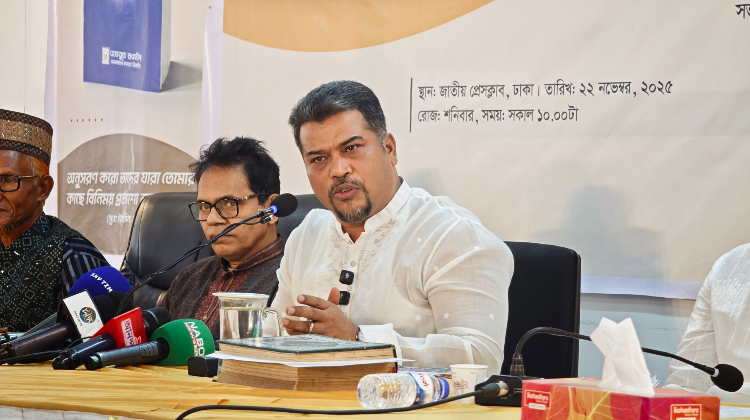
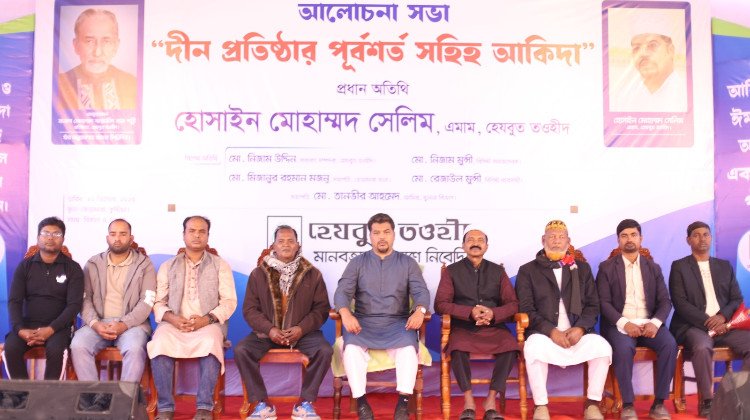


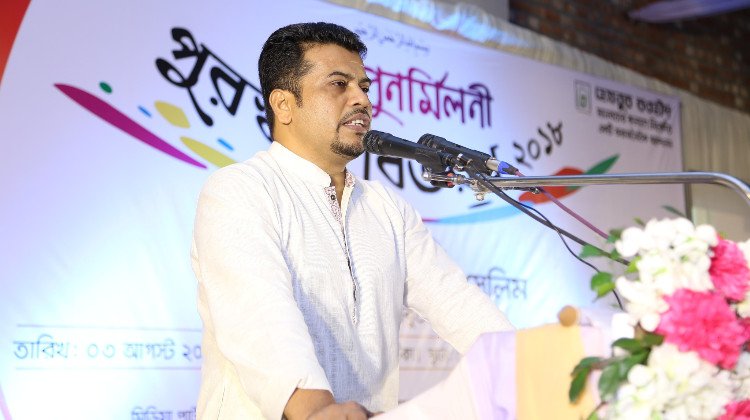
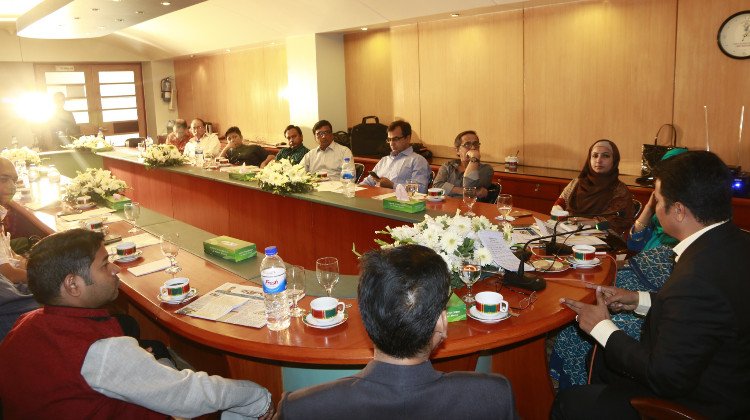
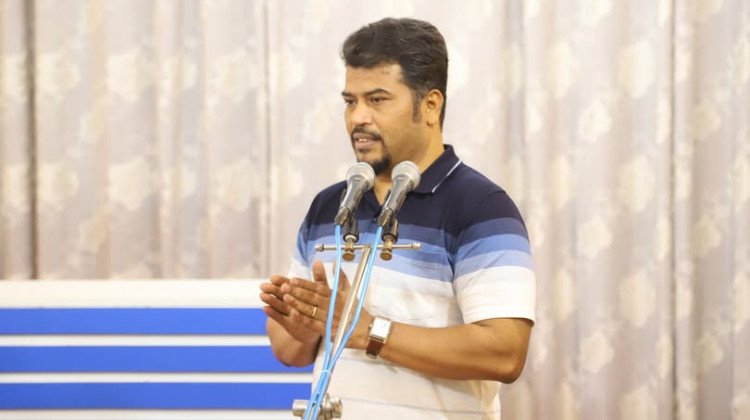
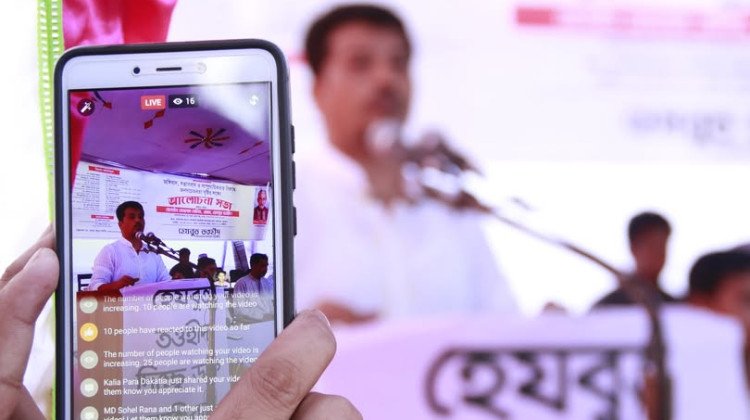
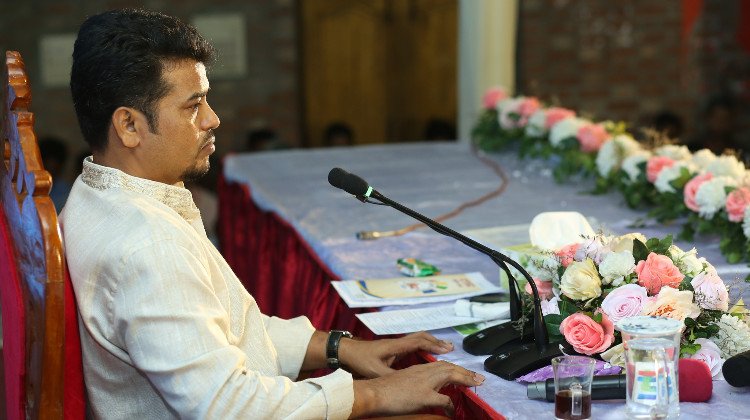


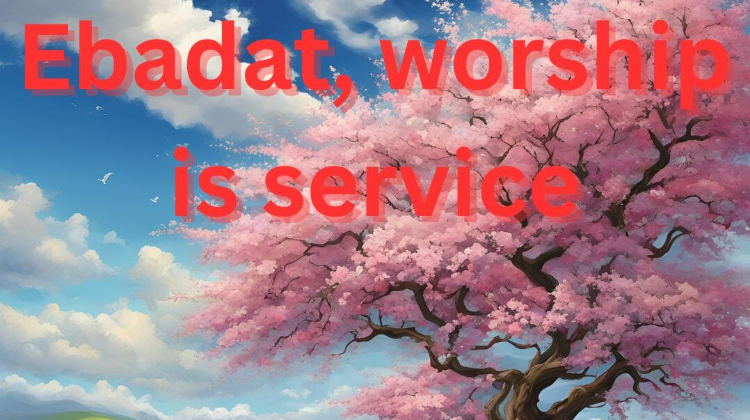






Leave a Comment